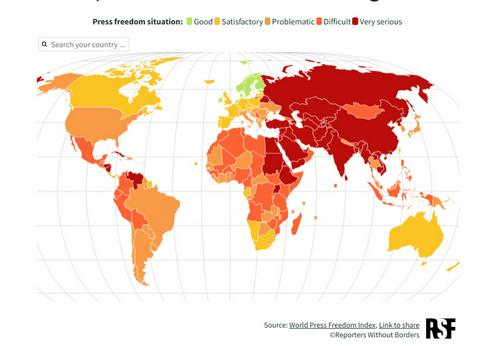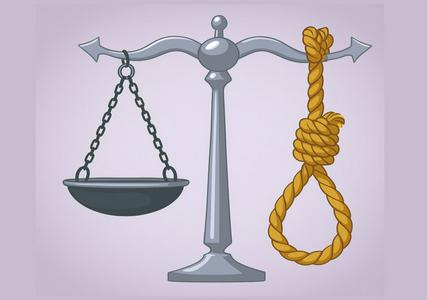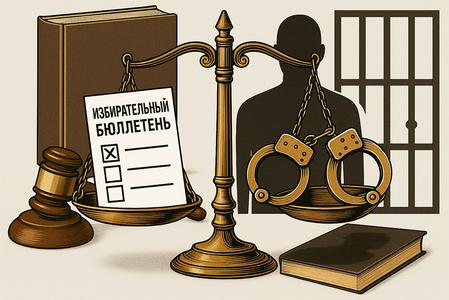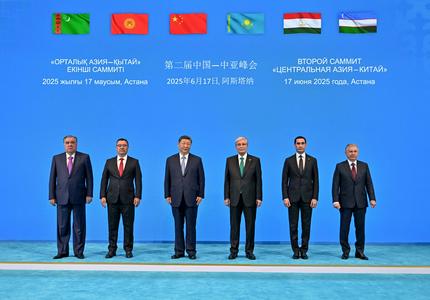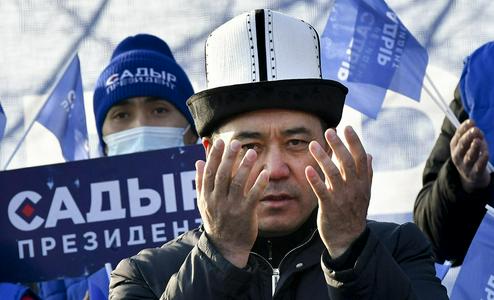In the 2025 World Press Freedom Index released by Reporters Without Borders (RSF), Kyrgyzstan has plummeted 24 spots, now ranking 144th out of 180 countries.
The organization noted that Kyrgyzstan, once a regional outlier in Central Asia for its relatively free press and freedom of speech, is experiencing growing pressure on media outlets. Authorities exert control over traditional media and increasingly attempt to influence private publications. With corruption levels high, investigative journalism draws significant public interest. Nevertheless, a large segment of society remains under the sway of government propaganda, which portrays independent media as “enemies of the people” and “servants of the West.”
Media are often exploited by political leaders to further personal agendas, while state institutions restrict journalists’ access to information. An increasing number of websites are being arbitrarily blocked, and newsrooms and reporters face raids and persecution on trumped-up charges—especially those covering investigations involving those in power.
The country has seen a trend toward rising censorship and the adoption of legislation that restricts press freedom. For example, President Sadyr Japarov signed a law on protection from “false information,” which violates both the constitution and international agreements.
According to RSF researchers, Kazakhstan currently has the best press freedom environment in the region, rising one spot to 141st place. Uzbekistan held steady at 148th, while Tajikistan moved up two places to 153rd. Even Turkmenistan climbed slightly, from 175th to 174th.
Globally, Eritrea ranked last at 180th, just behind North Korea (179th) and China (178th). Also in the bottom 10 were Russia, which ranked 171st, as well as Afghanistan (175th) and Iran (176th).
The countries with the strongest press freedom were Norway, Estonia, and the Netherlands. The United States fell two places to 57th, while Turkey slipped one position to 159th.
In 2025, for the first time, the global state of press freedom was classified as “difficult”—conditions for journalists have worsened in half of the countries assessed, while only a quarter of the world’s nations maintained “satisfactory” conditions. Media outlets are caught between the need to preserve editorial independence and the pressures of financial survival.
Anne Bocande, editorial director at RSF, stressed that free and independent media require stable and transparent financial conditions. Without economic independence, media risk becoming tools in the hands of oligarchs or governments, while the race for ratings degrades content quality. Journalists facing financial hardship are less equipped to combat disinformation and propaganda. Rebuilding a sustainable media economy capable of producing reliable information will require major investments and systemic reforms.
According to the RSF report, in 160 of the 180 countries surveyed, media either operate under significant pressure or are unable to function reliably. In 92 countries, editorial independence is frequently or systematically constrained by media owners. In 42 nations—home to over half the world’s population (56.7%)—press freedom is entirely absent, and practicing journalism is extremely dangerous.
The report was released in advance of World Press Freedom Day, observed annually on May 3.
